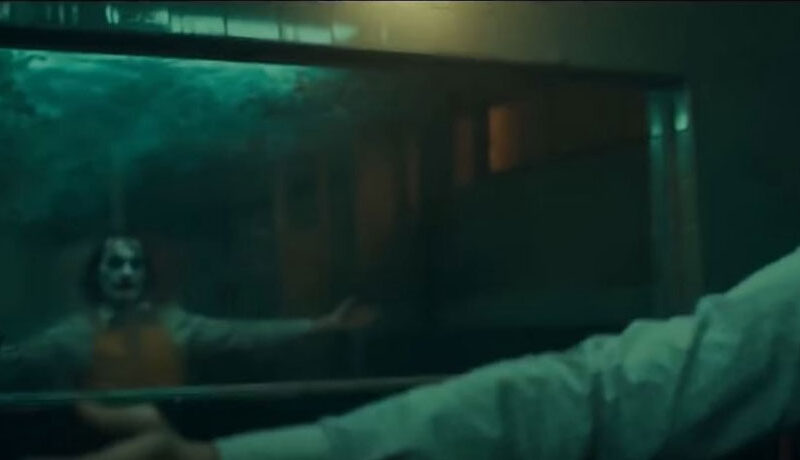What are kids learning from Lady Gaga’s music videos?
What are kids learning from Lady Gaga’s music videos? https://mediatrics.com/wp-content/themes/corpus/images/empty/thumbnail.jpg 150 150 Mediatrics Mediatrics https://mediatrics.com/wp-content/themes/corpus/images/empty/thumbnail.jpgQ: I recently saw the music video for the song “Telephone,” by Lady Gaga and Beyoncé. It is full of sexualized violence. I can’t imagine what kids are learning from this. I know my son loves listening to Beyoncé, and I’m sure he has seen or will see this video. How can I talk to him about what he’s seeing in videos like this?
–Vexed by Videos
A: Dear Vexed,
Music videos, like all media, provide an educational experience — a chance for kids to learn something about the world. Music videos are especially powerful because they combine music with images to capture attention and make us feel excited as we watch them. They can provide entertainment, titillation, social commentary, or artistry; they can be fun or frightening, relaxing or infuriating. But whatever their goals, the mood and atmosphere they create do not often reflect reality.
Research shows, for example, that music videos disproportionately portray white women as victims of violence and black men as both perpetrators and victims. These representations matter because kids are in the process of forming their understanding of the world and how it works. Anything they’re exposed to, whether realistic or not, becomes part of that understanding.
When it comes to music videos like “Telephone,” adults’ concerns often focus on the amount of skin showing, and the implied (or even quite explicit) sexual behavior. But it’s not so much the simple fact of skin exposure that’s potentially harmful for kids; rather, it’s the nature of the way sex is portrayed that is potentially damaging. In music videos like this one, sex is shown in a way that has nothing to do with intimacy or relationships. It is instead used as a way to exploit others and is tied to violence and death. While this edgy approach is great for attracting attention and for selling CDs or downloads, the music video audience tends to be teens or pre-teens who are just starting to think about their sexuality. Thus, anything they see will become part of their growing body of knowledge about sex.
It makes sense that you wouldn’t want your son to see this video, but also know that it can present a great opportunity for discussion. First, ask whether he’s seen the video (or any other Beyoncé or Lady Gaga videos) in a non-judgmental, open way. Then ask what he thinks of it—what does he think the video is about? What does he like about it, and what does he find disturbing? Does he think it’s realistic? If not, then why does he think these artists made this video? What are they trying to say? Genuinely listen to his responses, and encourage his thinking with questions. You can also take this opportunity to compare what happens in this video to what happens in real life, to help keep his understanding of the world realistic and healthy.
Enjoy your media and use them wisely,
The Mediatrician®




